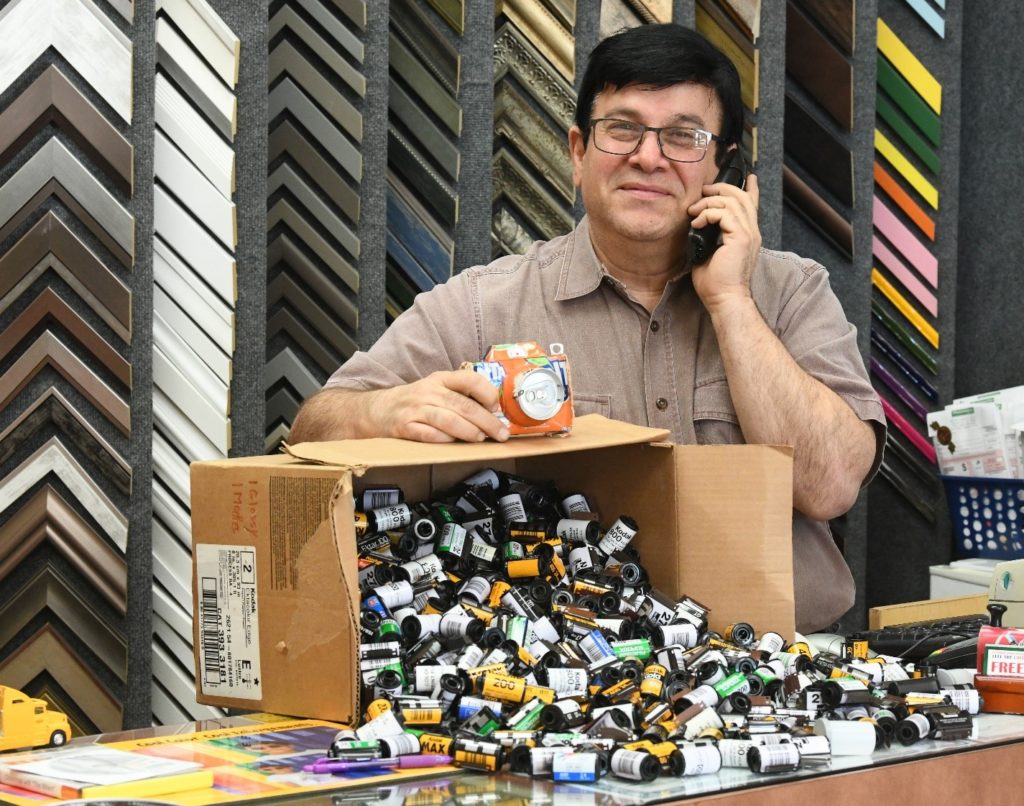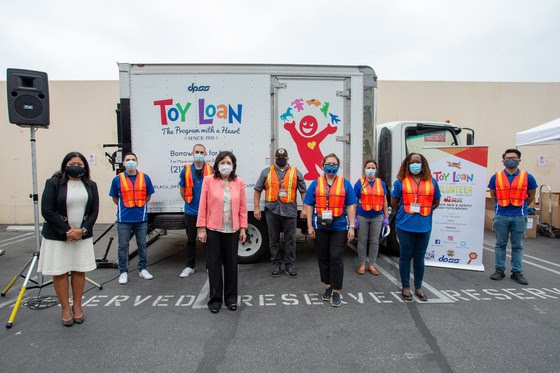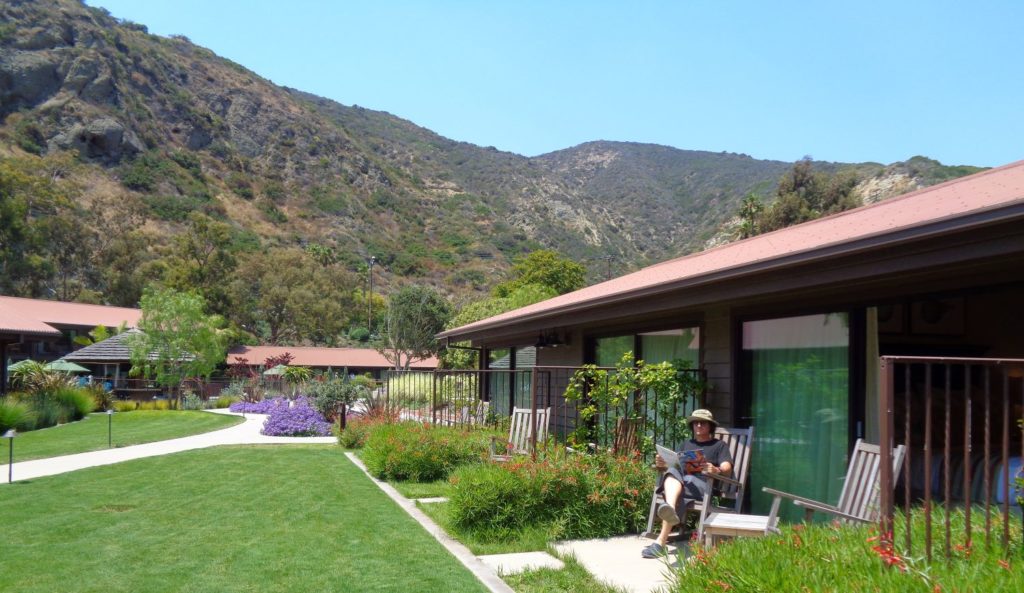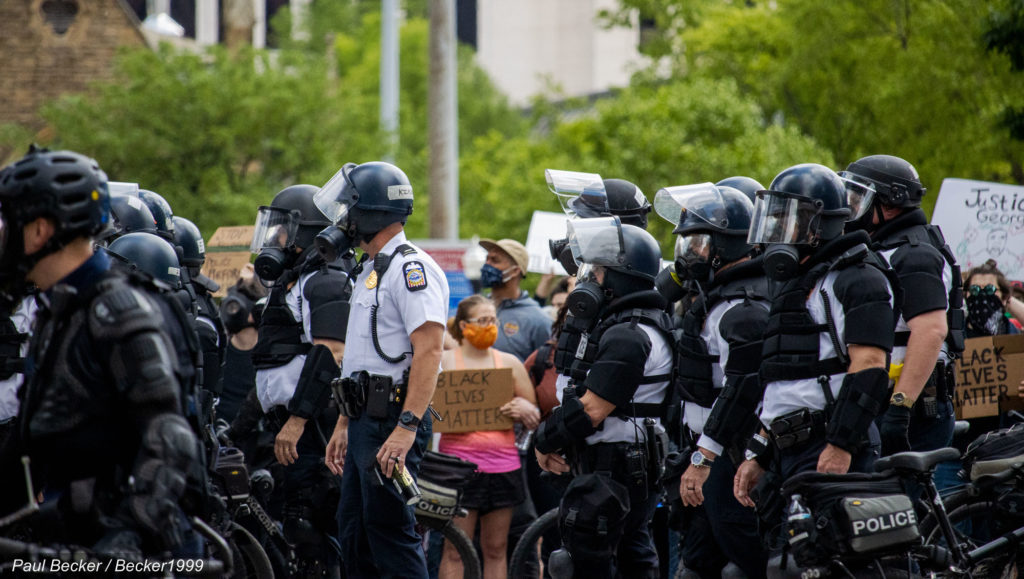
Supporting one another and shopping locally is imperative
By Terry Miler
Recently, we have focused a lot of our editorial attention on how local restaurants are managing during the coronavirus. Cities such as Monrovia, Pasadena, Arcadia and Sierra Madre have gone out of their way to make life a little easier for those eateries shuttered for inside dining by the county by offering al fresco options which seem to be somewhat effective.
This week we shift gears and see how local retail shops and other business are surviving the pandemic. To shed light on how COVID-19 is affecting small businesses, and on the likely impact of the recent stimulus bill, the National Bureau of Economic Research (NBER) conducted a survey of more than 5,800 small businesses. Several main themes emerged from the results published in April.
First, mass layoffs and closures had already occurred by April. In their sample, 43% of businesses were temporarily closed, and businesses had — on average — reduced their employee counts by 40% relative to January. Second, NBER found that many small businesses are financially fragile. Researchers found that the median business had more than $10,000 in monthly expenses and three-quarters of respondents said they only had enough cash on hand to cover two months of expenses or less.
At the time, most businesses planned to seek funding through the CARES Act. However, many anticipated problems with accessing the aid, and were proven right.
We asked Monrovia Mayor Tom Adams for some comments on the struggles facing local businesses during the pandemic. In an email, Mayor Adams told Beacon Media what the city is doing to assist.
“The Monrovia Old Town Advisory Board — MOTAB — is still meeting and in fact has had an urgent meeting, out of the normal timeline to address the needs of the merchants. Some of the MOTAB board members as well as city staff have gone literally door to door polling the merchants to make sure we were delivering on their needs recognizing that one size never fits all. This is what has led to what we have today, Family Festival on Friday nights in the 700-800 block of Myrtle, the 500-600 block of Myrtle has requested that portion of the street be kept open to allow for great take-out and delivery. The 400 block has opted to close on Friday night to allow for ‘in street’ dining as well as other food providers opting to take over parking spaces, sidewalks and walkways,” shared Adams.
He continued, “I can tell you that there is not one merchant who has been told ‘no’ as to plans to allow for great business delivery and we will continue to look for ways to make sure that our merchants have all of the support they need.”
Monrovia City Manager Dylan Feik told Beacon Media that the city is doing whatever it can to support local businesses, as they have done with the expanded outdoor dining concept.
“Our approach since day one has been to support our businesses in any way we can and remove barriers/obstacles. Here are some of the other things we’ve already done or are currently doing to support:
- “Adopted a commercial eviction moratorium.
- “Loosened many zoning regulations related to signage and postings in Old Town to provide merchants with more advertisement opportunities.
- “Waived late fee penalties.
- “Suspended all parking enforcement except illegal parking related to public health and safety (illegal RV parking, ADA, fire hydrant, etc.).
- “Administrative reviews have been streamlined.
- “Granted a lot of discretionary authority to the Community Development Director to ensure projects are not being held up during Safer-At-Home Order.
- “Approved provisional business licenses and payment extensions, ensuring businesses who cannot pay for a license may still operate with a valid license.
- “Provided links to resources and financial relief programs on the Monrovia Strong webpage.
- “Promoted the list of takeout options from all Monrovia restaurants on the website and via social media.
- “Increased Instagram activity to promote and drive business to Old Town. Every week we have been focusing on one business in Old Town to highlight. Staff have been coming into town to take photos and get content from the businesses.
- “Developed and installed the Monrovia Strong banners in Old Town designed to help keep everyone optimistic and remind the community that businesses are still open via online and takeout.
- “Serving as ombudsman for businesses with L.A. county health. We continue lobbying for more business re-openings so long as businesses practice social distancing.
- “Performing ongoing commercial building inspections since day one (several local cities are just now starting to do commercial inspections).”
One local business we spoke with is a local photo lab which has been in Monrovia over 23 years and managed to survive some of the toughest challenges: from ever-increasing rent(s) to the massive adjustment from film processing to digital imaging that knocked so many independent photo labs out of the business ballpark virtually overnight a while back.
Photoworks by Rick, on Foothill in Monrovia, says business has been tough now due to the coronanvirus and all the mandates from the county. “It’s important for small businesses that local residents shop local, I had to cash in my 401K just to stay afloat,” owner Rick Keshishi said.
He commented on the local chamber of commerce. “I also have a beef with the chamber that promotes home based businesses and newcomer home businesses in order to collect their fees instead of supporting established brick and mortar. For instance, their latest post about this newcomer lady doing pictures and media archiving with some national or regional company, just because she bought into them.”
Keshishi said he was concerned that the emphasis within the city and media lately has been focused on restaurants and not on other local retail merchants’ plight.
Understandably, some merchants in other cities like Pasadena and Sierra Madre have asserted that the emphasis on restaurants has been top heavy. In Old Pasadena, for example, the city has placed K-rails outside some restaurants to allow a safety factor for their extended al fresco dining. Not everyone thinks this is good, that it only contributes to more congestion on Colorado Boulevard. Some have even suggested that dining outside so close to vehicular traffic is perhaps adding additional health issues for those dining outside due to emission(s).
Unfortunately, as the adage goes, “you can’t please all the people all of the time.”
Monrovia Mayor Adams and Tina Cherry, community services director, stressed the importance of shopping locally. “Shop Small” is a program Adams has spoken about in the past. “If you are blessed to have the means, we ask that you find a way to spend $50 at three businesses in Old Town to demonstrate your support. We are doing all we can to support all businesses in Old Town — restaurants, retail stores, and the services sector.” said Cherry.
Another concern is the street fair in Monrovia. “As you may know, we have also relaunched the Street Fair but a condensed program. We have kept the fair to farmers and crafters and set them up on the two blocks, between Olive and Chestnut. Our hope is the fair brings visitors to Old Town to shop and dine. We have hosted the expanded dining for two Fridays and have been pleased with the results. We are confident this has aided the restaurants and can only assume the retail has also benefited with the larger crowds. We will be having an official update at the Aug. 11 MOTAB meeting,” Cherry confirmed.
In the past year or so, several businesses have shuttered for multiple reasons but often, the complaints seem to stem from overhead: rent. Many merchants we spoke with have not been able to pay rent since April. Some say their landlords are giving them extra time to pay but ultimately will fall four months plus in arrears — tough to regain working capital under that kind of stress says Kershihi.
Government agencies are offering help during this crisis though various programs available:
- lacounty.gov/covid19-2-2/consumers-businesses/for-businesses/.
- sba.gov/ela.
- gov/funding-programs/loans/coronavirus-relief-options.
According to an op-ed piece in the Los Angeles Times Monday:
“Many business owners throughout California are hanging on by a thread financially and frustrated with the haphazard, uncoordinated reopening proclamations being made by local and state governments. This whack-a-mole approach to stemming a coronavirus spike by closing specific industry sectors — including shopping malls, professional services and indoor dining — is no way to do business.
“Governments need to provide safe, organized, methodical and long-term reopening criteria. Should we continue with on-again, off-again mandates, it could hasten any destruction of our economy. In addition, the pandemic is exacerbating economic and public health issues that include widespread unemployment and homelessness and depression.”
The California Chamber of Commerce’s (CalChamber) position is to keep California open — 6 feet and a mask. As they oppose a proposed tax increase on high earners to pay for benefits and services for Californians impacted by COVID-19 (AB1253), Loren Kaye of CalChamber says:
“Nobody in California is immune to the havoc wreaked by the COVID-19 pandemic–a health crisis compounded by an economic collapse which is eroding our social cohesion. We’ve seen how an economic recovery can be thwarted by new virus outbreaks. Our elected leaders should similarly resist public policies that would prevent a healthy restoration of jobs and the economy.”






